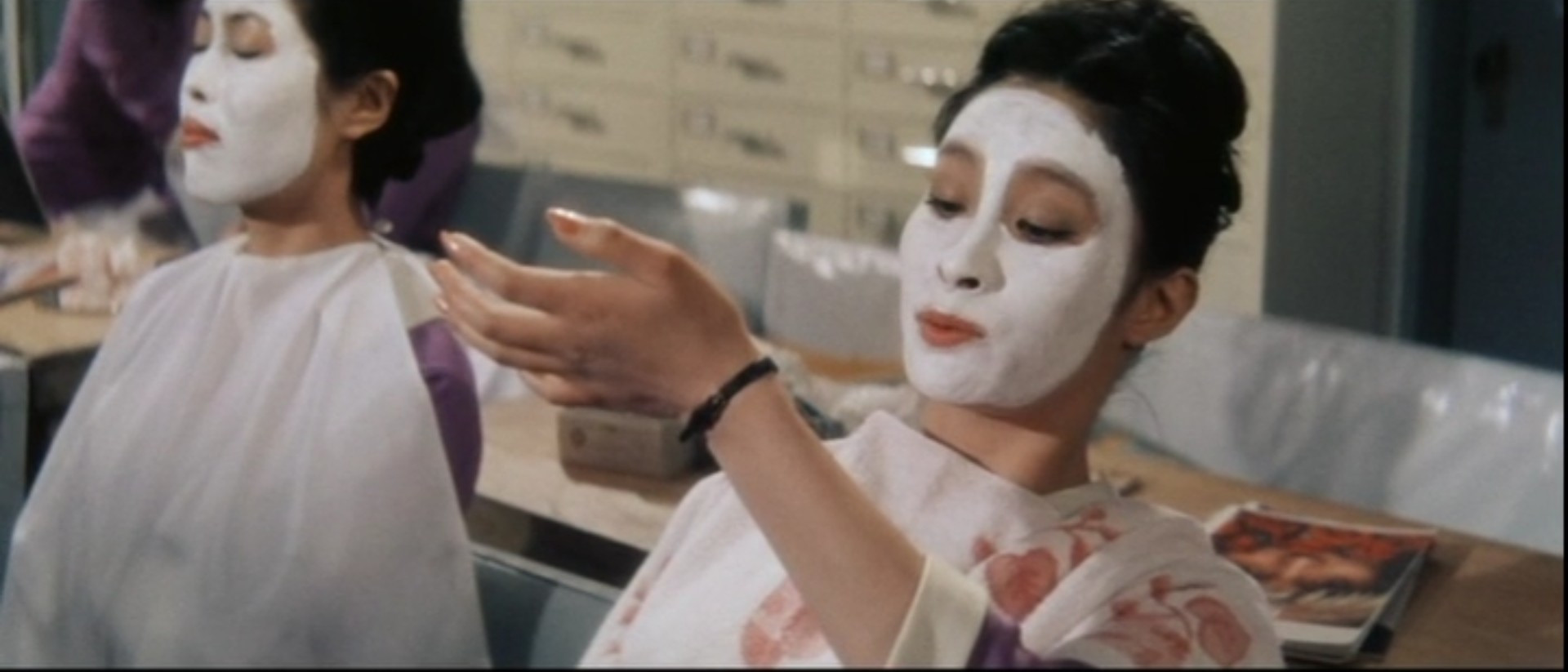In this time of pandemic, department stores are barely breathing. But they have been slipping into eternal retail business nightmare for decades. Their customer base has been eroded, their competition, online or otherwise, are gaining momentum and their stores simply look old and unattractive. Their business targets were upper-middle class who didn’t mind spending a little bit more if they were greeted with sophisticated service and well-groomed staff. If there were such thing as upper-middle class. If there were such thing as well-groomed staff. Today, the upper-middle class has simply become upper-class (or, disappeared into middle class or lower) and store sales clerks are temps paid by hour.
1960’s. This was the time when people envied the lifestyle of upper-middle class. According to the 1962 Cabinet Office survey results, 53% of the population were middle class. Almost 80% of the household had black-and-white TV sets, but more than half were still lacking a refrigerator. Those who “have” wanted something different from their neighbors, something a bit more expensive, something from England or France, something you can be proud of. Back then, the department stores were full of customers who were eager to spend. And the sales staff working in these floors were employees with experience and stable employment. CLOSING TIME features one of the most prestigious department stores, Takashima-ya (in the film, it was called Marutaka-ya, but the distinctive logo can be seen on the top of the building nonetheless), and tells the story of three working girls — their working hours and private nights.
It is a classic girls meet boys story, Kimiko (Ayako Wakao) works in the Japanese Kimono section, where she has to work with a new employee, Makoto (Hiroshi Kawaguchi), an impudent snob. Setsuko (Hitomi Nozoe) works in the delicatessen, where she meets Yasuo (Yosuke Takemura), an honest, hard-working guy. Sayuri (Kyoko Enami), the sexy ‘elevator girl’, is picked up by Hide (Keizo Kawasaki), a smooth-talking cad. These love stories spin around the hectic rhythm of the busy business floors. Their worries are meeting a good partner and getting married happily ever after (except one guy). They are never worried about layoffs, paycuts, or contract renewal.
Umeji Inoue (director) and Yoshihisa Nakagawa (cameraman) apparently tried to avoid drawing a grandiose portrait of urban modernity and consumerism. Rather they focused on the claustrophobic backyard and narrow pathways of the department store building, where the working girls eat their lunch, do their face packs, and talk gossip. Interestingly, the filmmakers used wide-angle lenses for majority of shots, and distortion is apparent. This wide-angle lens certainly helped to cram as many people and background elements as possible to create tension in the frame. The straight and linear perspective of the modern architecture is hampered; it is not a clean, handsome-looking department store anymore.
CLOSING TIME (1962)
In fact, apart from these three girls, most of the employees and customers associated with this store are either obnoxious or downright rude. An annoying trouble-maker, a shoplifter, a jealous boss, and a snooping floor manager. In one of the scenes, two male managers follows Sayuri to the drug store after the work, suspecting she is buying contraceptive. The scene is meant to be funny, and it is to some degree (because Sayuri is clever enough to turn the tables), but it is also horrifying. After all, this is the world where pretense is a virtue, brand is a king, and respectability can be bought. In the final minutes of the film, we see Setsuko and Sayuri quitting their jobs. These two girls are, even though in different ways, honest to themselves. Kimiko is only one of the three girls who tries very hard to be aspired and to struggle through the male-dominant workplace. Makoto proposes Kimiko, promising he will treat her on equal terms. The promise. That might have been the best they could get in 1962.

